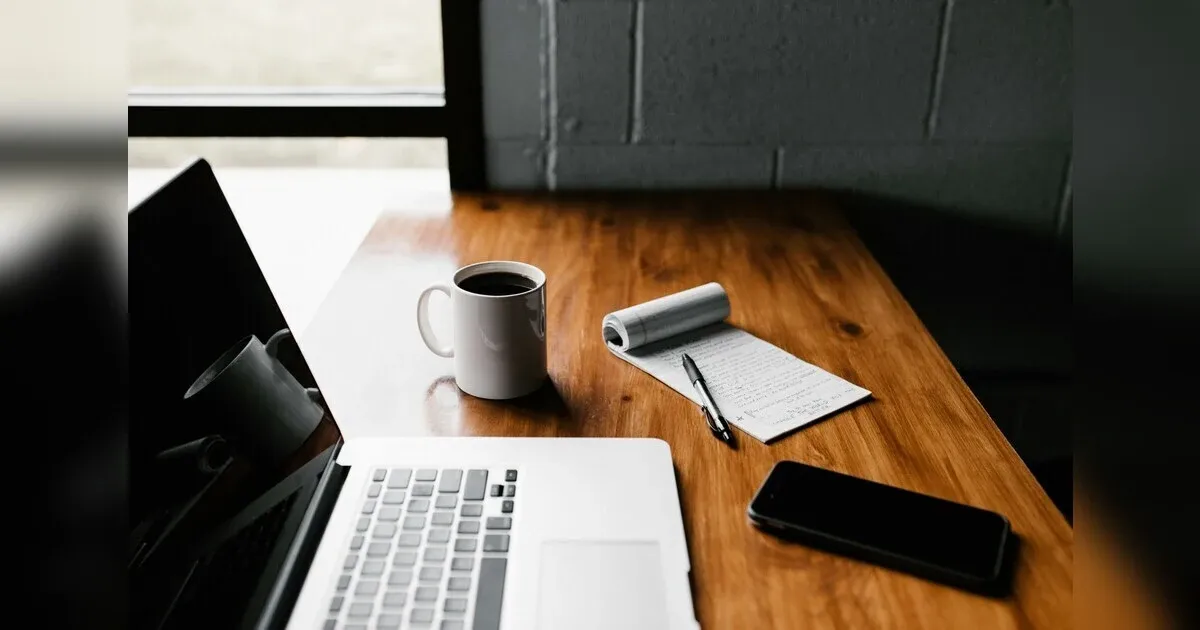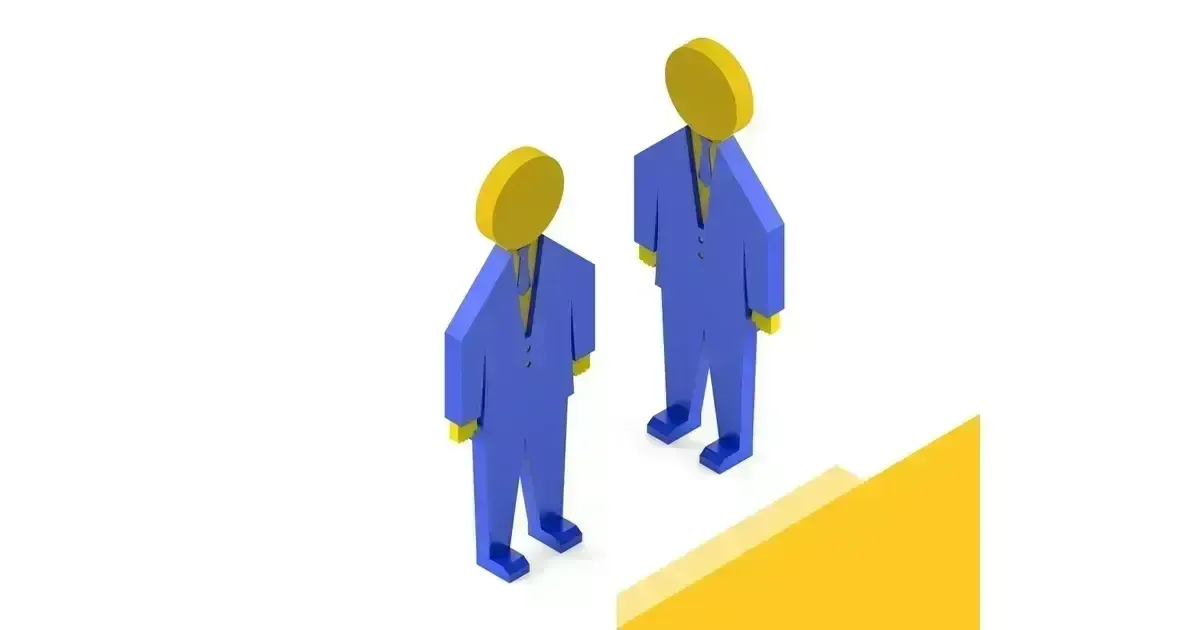Are you stuck trying to decide whether to buy a home or keep renting? It’s a big choice, and it can feel pretty overwhelming. But don’t worry, you’re not alone! Many people face this decision, and both options have their own set of perks and challenges. In this guide, we’ll break down the pros and cons of buying versus renting in a simple and friendly way. By the end, you’ll have a clearer idea of which path might be the best fit for you and your lifestyle.
The Pros of Buying a Home
Buying a home is a dream for many people. It’s a big step, but it comes with some great benefits.
- Building Equity
When you buy a home, you start building equity. Equity is the part of the home that you actually own. As you pay off your mortgage, your equity grows. This can be a great way to build wealth over time. Plus, if your home’s value goes up, your equity increases even more.
- Stability and Control
Owning your home gives you stability. You don’t have to worry about a landlord raising the rent or deciding to sell the property. You can stay as long as you want. You also have control over your space. Want to paint the walls bright red? Go for it! Want to plant a garden? No problem. It’s your home, so you can make it your own.
- Tax Benefits
Homeowners can get some nice tax breaks. You can often deduct the interest you pay on your mortgage and your property taxes. This can save you a lot of money come tax time.
- Sense of Community
When you own a home, you might feel more connected to your community. You’re more likely to get to know your neighbors and get involved in local events. This can make your neighborhood feel like a true home.
- Potential for Rental Income
If you have extra space, like a basement or a separate unit, you can rent it out for additional income. This can help you pay off your mortgage faster or provide extra money for other expenses. It’s a great way to make your homework for you financially.
- Personal Satisfaction and Pride
There’s a unique sense of pride and accomplishment that comes with owning your own home. It’s a place that’s truly yours, where you can create memories and build a life. This personal satisfaction can be incredibly rewarding and make all the hard work worth it.
The Cons of Buying a Home
While buying a home has many perks, it’s not all sunshine and rainbows. There are some downsides to consider.
- High Upfront Costs
Buying a home can be expensive. You’ll need a down payment, which is usually a big chunk of money. There are also closing costs, which can add up quickly. Plus, you’ll need to pay for inspections, appraisals, and other fees.
- Maintenance and Repairs
When you own a home, you’re responsible for all the maintenance and repairs. If the roof leaks or the furnace breaks, it’s up to you to fix it. This can be costly and time-consuming. You’ll need to budget for these expenses and be ready to handle them when they come up.
- Less Flexibility
Owning a home can tie you down. If you get a new job in another city or just want a change of scenery, it’s not as easy to pick up and move. Selling a home can take time and can be stressful. You might have to wait for the right buyer and deal with the ups and downs of the housing market.
- Market Risks
The value of your home can go up, but it can also go down. If the housing market takes a dip, your home might be worth less than what you paid for it. This can be a big financial hit, especially if you need to sell during a downturn.
- Property Taxes
As a homeowner, you’ll need to pay property taxes. These can be quite high depending on where you live and can increase over time. This is an ongoing expense that you need to budget for, and it can sometimes be a financial burden.
- Insurance Costs
Homeowners insurance is another cost you’ll need to consider. It’s essential to protect your investment, but it can be expensive. Depending on where you live, you might also need additional insurance for things like floods or earthquakes, which can add to your costs.
The Pros of Renting a Home
Renting can be a great option for many people. Let’s look at some of the benefits.
- Lower Upfront Costs
Renting usually has lower upfront costs than buying. You’ll need a security deposit and maybe the first and last month’s rent, but that’s usually it. You don’t need a big down payment or to pay closing costs. This can make renting more affordable, especially if you’re just starting out.
- Flexibility
Renting gives you more flexibility. If you want to move, you can usually do so at the end of your lease. This can be great if you’re not sure where you want to live long-term or if you like to move around. You’re not tied down to one place.
- No Maintenance Worries
When you rent, the landlord is usually responsible for maintenance and repairs. If something breaks, you just call the landlord, and they take care of it. This can save you time, money, and stress. You don’t have to worry about fixing things yourself or paying for expensive repairs.
- Predictable Costs
Renting can make it easier to budget. Your rent is usually the same every month, so you know what to expect. You don’t have to worry about unexpected repair costs or property taxes. This can make managing your money simpler.
- Access to Amenities
Many rental properties come with amenities like swimming pools, gyms, and common areas. These perks can enhance your lifestyle without the responsibility of maintaining them. You get to enjoy these facilities without the extra cost and effort of upkeep.
- Prime Locations
Renting allows you to live in desirable neighborhoods that might be financially out of reach if you were buying. Imagine renting an apartment with a stunning view of the city skyline or being steps away from trendy cafes and parks. Renting can give you access to prime locations that you might not be able to afford to buy in.
The Cons of Renting a Home
Renting has its downsides too. Here are some things to think about.
- No Equity
When you rent, you’re not building equity. The money you pay in rent goes to the landlord, and you don’t get any of it back. This can make it harder to build wealth over time. You’re essentially paying for a place to live without getting any long-term financial benefits.
- Less Stability
Renting can be less stable than owning. Your landlord might decide to sell the property or raise the rent. You might have to move unexpectedly, which can be stressful and costly. You don’t have the same level of control over your living situation as you do when you own a home.
- Limited Control
When you rent, you have less control over your space. You might not be able to paint the walls or make other changes without the landlord’s permission. You also have to follow the landlord’s rules, which can sometimes feel restrictive.
- No Tax Benefits
Renters don’t get the same tax benefits as homeowners. You can’t deduct your rent payments from your taxes, and you don’t get any of the other tax breaks that come with owning a home. This can mean paying more in taxes each year.
Making the Decision
So, how do you decide whether to buy or rent? It depends on your personal situation and what’s most important to you. Here are some things to think about.
- Your Financial Situation
Take a close look at your finances. Do you have enough money saved for a down payment and closing costs? Can you afford the monthly mortgage payments, property taxes, and maintenance costs? If not, renting might be a better option for now. Renting can give you time to save up and get your finances in order.
- Your Long-Term Plans
Think about your long-term plans. Do you plan to stay in the same area for a long time, or do you think you might move in a few years? If you’re planning to stay put, buying might make more sense. If you’re not sure where you’ll be in a few years, renting gives you more flexibility.
- Your Lifestyle
Consider your lifestyle. Do you like the idea of owning your own home and having the freedom to make changes? Or do you prefer the convenience of renting and not having to worry about maintenance? Your lifestyle and personal preferences can play a big role in your decision.
- The Housing Market
Take a look at the housing market in your area. Are home prices rising or falling? Is it a buyer’s market or a seller’s market? Understanding the market can help you make a more informed decision. If home prices are high, it might make more sense to rent and wait for prices to come down.
Conclusion
Deciding whether to buy or rent is a big decision, and there’s no one-size-fits-all answer. Both options have their pros and cons, and what’s right for one person might not be right for another. Take the time to think about your financial situation, long-term plans, lifestyle, and the housing market. Talk to a financial advisor if you need help making the decision. Whatever you choose, make sure it’s the best choice for you and your family.
Buying a home can be a great way to build equity and create a stable, personalized living space. But it comes with high upfront costs, maintenance responsibilities, and less flexibility. Renting offers lower upfront costs, more flexibility, and fewer maintenance worries, but you won’t build equity, and you might have less stability and control.
In the end, the decision comes down to what works best for you. Whether you choose to buy or rent, make sure you’re making an informed decision that fits your needs and goals. Good luck, and happy house hunting or renting!

























